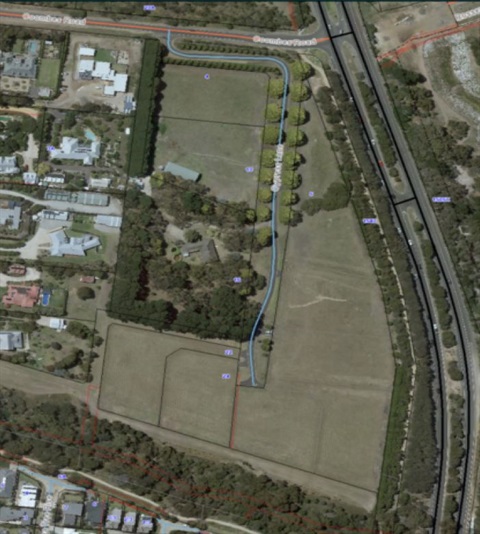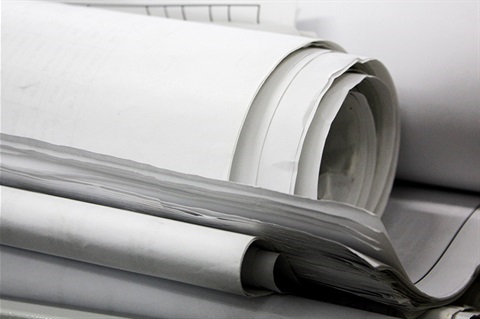
• Properly implemented professional advice for all Australians could boost the nation’s economy by $630+ billion annually and reduce Age Pension spending by 21.6 per cent.
• Properly implemented professional advice could increase Australians’ personal incomes by 30.6 per cent per year ($24,716 on average).
• Receiving professional advice improves physical and mental health, relationships and work satisfaction; more so for women.
New CPA Australia research, conducted in conjunction with independent research house CoreData, has shown that greater access to professional advice could deliver more than half a trillion dollars to Australia’s economy, reduce spending on the Age Pension, increase personal incomes and make us happier and healthier.
CPA Australia General Manager External Affairs Dr Jane Rennie said, “Over 60 per cent of the Australian population does not currently receive professional advice. This means that millions of people and small and medium-sized businesses are on their own when it comes to managing some of the most stressful and complicated aspects of our lives.”
In an Australian first, CPA Australia modelled the macro-economic impact of making professional advice available to the entire population. ‘Professional advice’ includes accounting, taxation, financial, superannuation, business, and mortgage broking advice, among others.
CPA Australia found that if properly implemented professional advice was available to all Australians, the total economic uplift could be $630.3 billion a year, while spending on the Age Pension could be reduced by 21.6 per cent.
Dr Rennie said, “While the potential economic benefits are tremendous, realistically it’s unlikely we will ever have a fully advised population. However, any increase in the uptake of professional advice from its current level could deliver an economic windfall.
“If an additional ten per cent of the population received properly implemented professional advice, the potential contribution to Australia’s economy could be approximately $112.8 billion per year.”
The research also quantified the financial benefits for individuals of receiving professional advice. CPA Australia found that properly implemented professional advice could add 30.6 per cent ($24,716 on average) to a person’s annual income.
“The financial benefits are even greater for young people, who could boost their income by more than 40 per cent, and retirees who could gain an additional 35.7 per cent in their hip pockets,” Dr Rennie said.
These figures are based on a macroeconomic model which measures income risk now and in a scenario where professional advice is properly implemented. The gap is expressed as a dollar value to demonstrate the value of professional advice.
As part of the research, CPA Australia surveyed 1,244 consumers and 815 small and medium-sized enterprises (SMEs) about the intangible benefits of receiving professional advice.
“Our survey revealed improvements in almost every aspect of people’s lives when they receive professional advice,” Dr Rennie said.
“Respondents reported benefits to their physical and mental health, family and social life, relationships and work satisfaction from receiving professional advice. The impact was even more pronounced for women.”
SMEs identified similar personal advice needs and benefits to consumers, with the added pressure of their business needs. Uncertainty is the main source of financial stress for SMEs and has been exacerbated by COVID-19. A large majority of SMEs associated financial security with professional advice (73.9 per cent) and four in 10 SMEs identified mental health benefits.
The survey explored the reasons why more Australians don’t seek professional advice.
Dr Rennie said, “The economic and health benefits of seeking professional advice are compelling, which begs the question, why don’t more Australians seek professional advice? Structural issues seem to be deterring people from seeking professional advice.
“Consumers and SMEs view professional advice very differently to lawmakers. They expect to see one qualified adviser for a range of taxation, business and financial advice needs. But the regulatory framework isn’t designed for this.”
The survey identified a range of other barriers preventing people from seeking professional advice, including a widely held belief in their own abilities, affordability and a lack of trust.
“Whatever their reasons for not seeking professional advice, our research shows that consumers and SMEs are paying a heavy economic and emotional toll for going it alone, which is ultimately shared by the whole community,” Dr Rennie said
CPA Australia is advocating for a client-centric model of professional advice regulation which recognises and caters for how consumers and SMEs seek out and use advice.
“To realise the potential benefits identified in our research, we need to increase the accessibility and affordability of professional advice. This requires a system where consumers and SMEs can seek the advice they want from their chosen professional adviser.”








